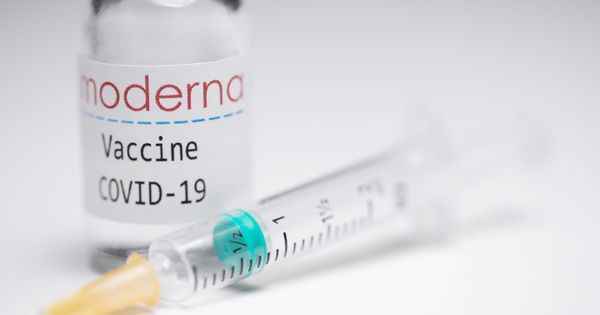Published on 11/17/2020
2 min read
What does the half of French people who do not intend to be vaccinated against Covid-19 look like? To women, rather young, and voters of Nicolas Dupont-Aignan, Jean-Luc Mélenchon or Marine le Pen, responds a study published Tuesday.
Two laboratories have announced in recent days very good results in their tests to find a vaccine against Covid. And yet, “the opposition of the population to a potential future vaccine to fight the epidemic seems massive“, emphasizes Antoine Bristielle, who wrote this study for the Jean Jaurès foundation.
In October, only 54% of French people declared that they would be vaccinated against Covid-19, according to an Ipsos survey on which it is based – 10 points less than Americans, 22 than Canadians, and 33 than the Indians.
And the acceptance of a possible vaccine is declining: in August, they were 59% of those questioned to intend to be vaccinated, still according to Ipsos.
Who are these “anti-vax”? Young people, in majority, underlines the study: the acceptance of the vaccination increases constantly with age. Logical, since young people are those “who say they are the least afraid of the health consequences of the epidemic”.
Gender also plays a decisive role: if 35% of men say they refuse to be vaccinated, the figure rises to 50% when it comes to women.
And the reasons given for this refusal also differ: in women, the fear of side effects is much higher than in men (52% against 35%).
Overall, 63% of “anti-vax” doubt the effectiveness and fear the lack of hindsight of a future vaccine.
Finally, the face of the “anti-vax” matches that of the voters of parties considered to be populist: “at age, educational level and similar socio-professional category”, the voters of François Asselineau, Nicolas Dupont-Aignan, Marine le Pen and Jean-Luc Mélenchon “are much more anti-vaccine” than the others, according to the study.
Once again, for its author, a logical result since the level of mistrust towards classical political institutions is very likely to go hand in hand with a high level of mistrust towards scientific institutions.
However, between the start of the Covid epidemic and October 2020, the confidence of the French fell by more than 20 points. Due in particular, according to Mr. Bristielle, to a “race for permanent ratings” around scientific controversies. And the success of conspiracy theories shared largely on social networks.
.
dts2
